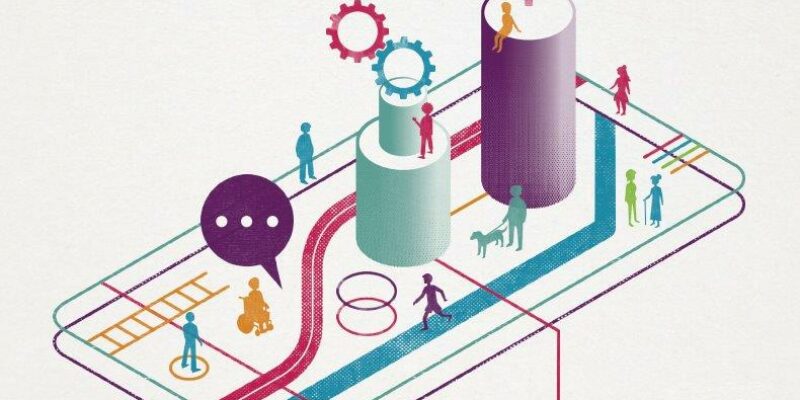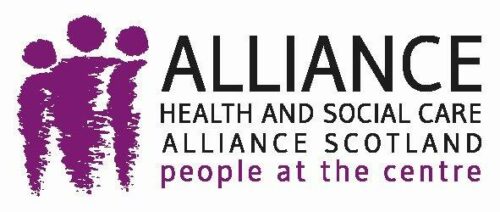
Discover Digital is a project to raise awareness of the digital tools in health and social care. As part of this we have given funding to seven different organisations. The organisations are engaging with seldom heard groups on how they could be better supported and empowered to benefit from what digital health and care can offer.
So far, we have gained initial insights from LGOWIT, the PBC Foundation, Moray Wellbeing Hub and Happy to Translate and heard from people living with long term conditions, including those in remote and rural areas, and older people from ethnic minorities.
We have learned more about the obstacles that people face when navigating the digital landscape: including language, the Pandemic, and relationships with family and friends.
Language as a Barrier to Digital
Technology should be an enabler, however, for those with language difficulties it can make access-ing health and social care even more challenging.
Those with little English prefer face-to-face contact. Their worries and anxiety can be greatly re-duced with personal interaction and care.
Body language can also help with interpretation and prevent miscommunication. One engagement participant carried out physio exercises incorrectly, following a video consultation, and this could have seriously impacted their condition. They feel that this could have been avoided with an in-person appointment.
We want technology to work with, not against ethnic minorities.
The Fear of a Technology Takeover
In an ever more global world digital can enable us to connect. During the Pandemic, it helped many people feel less isolated and alone. From a PBC survey, 52.82% increased or greatly increased their online activity during this time.
It has also raised digital awareness and improved technology skills. For example, LGOWIT found that the Pandemic has increased confidence levels in tools such as Teams and Zoom.
However, in the wake of this rapid growth, many face the danger of being left behind and risk further digital exclusion. Some engagement participants expressed their fear that medical professionals are using the Pandemic as an excuse to promote remote services and technology.
Some want to see the return of face-to-face contact and feel that although digital is important for the future, it doesn’t work for them.
We want technology to be a choice and not an obligation.
Digital Damaging Relationships?
Navigating technology can be overwhelming especially for the older generation. Happy to Translate found that the reluctance to discover digital can stem from a fear of breaking the equipment or even making mistakes.
Help and support is often expected from friends and family members. While many of us are more than happy to assist a grandparent or neighbour, we were surprised to discover that this can dam-age connections between the older and younger generations. Engagement participants mentioned the burden and stress that it places on younger relatives.
This reliance can also create a power imbalance. The control over the sensitive personal data is taken away from the person seeking the care and placed with a family or friend.
We want technology to empower not disconnect.
How do we improve people’s digital journey?
The insights have provided actions which could help more people discover digital in a positive manner:
- People want to be signposted to a bank of trusted apps
- Access to private spaces and secure equipment for confidentiality when using technology
- Standardised, digital training for all staff in health and social care
- Communication barriers should be effectively signposted to staff in health and social care.
Would you like to be involved? Sign up to the ALLIANCE bulletin or follow us on Twitter @DHCscot for updates.
Maisie Peebles is the Digital Health and Care Assistant at the Health and Social Care Alliance Scotland (the ALLIANCE)
View the ALLIANCE Poster Entry for the VHS Annual Conference Poster competition here.

